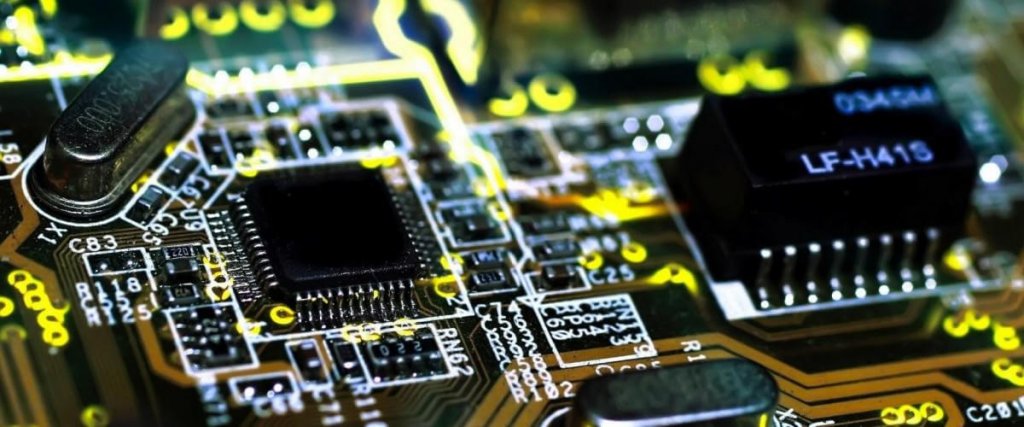Parylene Coatings Overview
Parylene Conformal Coatings
Parylene is the name for a series of polymers from paraxylene, which are considered by many to be the ultimate conformal coating. Parylene coatings are unique in that they are deposited at room temperature through a vapor deposition process. Parylenes are chemically stable and provide excellent moisture, chemical and dielectric barrier properties. The coatings also offer superior thermal stability, notable mechanical properties and high tensile strengths.

Parylene Variants
- Parylene N is a primary dielectric, exhibiting a very low dissipation factor, high dielectric strength, and a low dielectric constant invariant with frequency.
- Parylene C has a useful combination of electrical and physical properties, plus a very low permeability to moisture and corrosive gases.
- Parylene D is similar in properties to Parylene C with the added ability to withstand slightly higher use temperatures.
- Parylene HT® is useful in high temperature applications (short term up to 450°C) and those in which long-term UV stability is required.
- ParyFree® is a halogen-free Parylene variant that offers the advanced barrier properties of Parylene C and adds improved mechanical and electrical properties compared to other commercially-available Parylenes.
Properties of Parylene Coating
- Ultra-thin, uniform films
- Chemical and moisture barriers
- Excellent electrical properties
- Superior thermal stability
- Biocompatibility
- Dry film lubricity
- Halogen-free variants
Benefits of SCS
- Worldwide production capabilities for manufacturers and suppliers
- AS/EN 9100 and ISO 9001 certified coating centers
- Production Parts Approval Process (PPAP)
- UL (QMJU2) recognized
- RoHS, REACH compliant
- Meets the requirements of IPC-CC-830
- Over 50 years of conformal coatings experience
Parylene Conformal Coatings Application Process
The Parylene deposition process consists of two general parts – the science and the art. Parylene coatings are applied at ambient temperatures with specialized vacuum deposition equipment. Parylene polymer deposition takes place at the molecular level, where films essentially ‘grow’ a molecule at a time. This science is combined with the art of Parylene, a level of expertise and insight that SCS has developed over the last 50 years, which ensures Parylenes’ protection and performance capabilities are fully and consistently realized.
To read more about the science and the art of the Parylene conformal coatings process, click here.
Rework of Parylenes
Due to their inherent resistance to chemicals and solvents, Parylene-coated components are not as easy as other coatings to rework. There are a few mechanical means of removing Parylene; using an excimer laser and various abrasion techniques are a place to start. Once the coating is removed and the board has been reworked, Parylene coatings can be reapplied to the entire assembly or, depending on customer preference and requirements, alternate coatings may be used for touch-up.

A global network of coating centers ready for your application.
Specialty Coating Systems offers customers regionally-located coating facilities to handle their engineering and production requirements. To discuss the benefits and properties of conformal coatings and your protection needs with an applications specialist, contact us online or call +1.317.244.1200.

